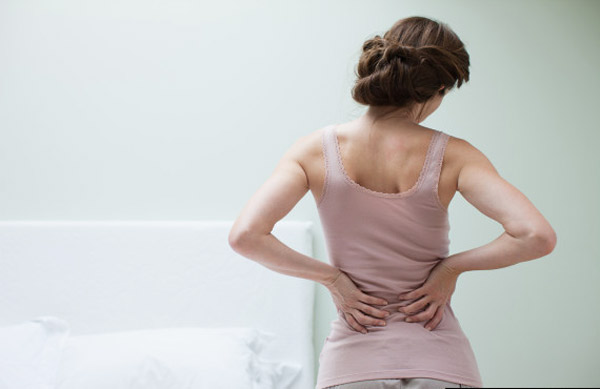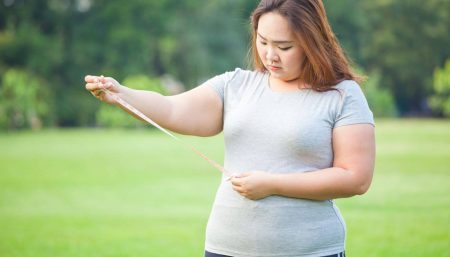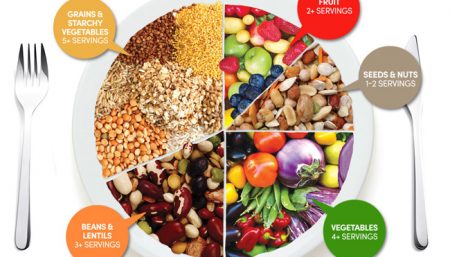
Can I take more than the recommended amounts?
Yes, you can, but attention and care is needed if you choose to take more supplement than in the recommendations above. Here are the safe maximums set by the same organizations:
Upper limits set by various organizations:
| Vitamin D Council | Endocrine Society | Food and Nutrition Board | |
| Infants | 2,000 IU/day | 2,000 IU/day | 1,000-1,500 IU/day |
| Children | 2,000 IU/day | 4,000 IU/day | 2,500-3,000 IU/day per 25lbs of body weight |
| Adults | 10,000 IU/day | 10,000 IU/day | 4,000 IU/day |
Vitamin D is fat-soluble, which means your body has a hard time getting rid of it if you take too much. The Vitamin D Council recommends taking no more than the upper limit, meaning do not take anymore than 10,000 IU/day for adults.
While these amounts seem like a lot, keep in mind that your body can produce 10,000 to 25,000 IUs of vitamin D after a little bit of full body sun exposure. Vitamin D toxicity, where vitamin D can be harmful, usually happens if you take 40,000 IU a day for a couple of months or longer.
In some diseases, researchers have studied the safety and benefits (if any) of these types of high doses of vitamin D. These diseases include multiple sclerosis and prostate cancer.
If you have a disease for which research has shown there may be a benefit in taking larger amounts of vitamin D, and you would like to consider taking more than 10,000 IU/day, the Vitamin D Council recommends taking the following precautions:
Work with your doctor
Test your vitamin D [25(OH)D] levels every 3 months and make sure that your blood levels are within the safe and healthy range.
Form of vitamin D should women should take and how should they take
The Vitamin D Council recommends taking vitamin D3 rather than vitamin D2. Vitamin D3 is the type of vitamin D your body produces in response to sun exposure, while vitamin D2 is not. In the United States, most over-the-counter vitamin D supplements are D3, but check to make sure. Vitamin D2 is sometimes prescribed by doctors because that is what pharmacies have available. If your doctor prescribes you D2, ask them if you can take vitamin D3 instead.
Vitamin D3 supplements aren’t vegetarian and some part of the production in making them occur outside the United States. If you have ethical concerns with taking vitamin D3, then sun exposure is a good option and vitamin D2 can be an alternative.
Other than that, it doesn’t matter what form of vitamin D you take, whether it’s in a capsule, tablet or liquid drop. For most people, vitamin D is easily absorbed in the body and you don’t need to worry about what time of day you take it or whether you take it with meals.
Cod liver oil contains vitamin D. However, the Vitamin D Council recommends against taking cod liver oil because of the high amount of vitamin A there is in cod liver oil compared to vitamin D. Vitamin A is also a fat-soluble vitamin, so your body has a hard time getting rid of it and too much vitamin A can be harmful.

Women having Trouble absorbing vitamin D supplements
Some people get tested for vitamin D and find, despite taking vitamin D regularly, that they’re still not getting enough vitamin D. This means your body is having a hard time absorbing your vitamin D supplements. The Vitamin D council recommends that if you’re having this problem, you can try these options:
- Take vitamin D under your tongue rather than swallowing it (subliminally).
- Try relying on more sun exposure.
- Increase your intake.
- Be sure to test your vitamin D [25(OH)D] levels to make sure your new regimen is safe and effective. The Vitamin D Council recommends testing every 3-6 months if you’re trying different regimens.
Vitamin D supplements women can take
Most people can take vitamin D supplements with no problems. However, care is needed in a few situations. These situations include:
If you’re taking certain other medicines: digoxin for an irregular heartbeat (atrial fibrillation) or thiazide diuretics such as hydrochlorothiazide or bendroflumethiazide (commonly used to treat high blood pressure). In this situation, don’t take high doses of vitamin D. You should also have your digoxin level monitored more closely if you’re taking vitamin D.
If you have one of these medical conditions: primary hyperparathyroidism, Hodgkin’s or non-Hodgkin’s lymphoma, a granulomatous disease, kidney stones, some types of kidney disease, liver disease or hormonal disease, you should get advice from a specialist. See our Hypersensitivity page for more information.
Don’t take vitamin D if you have high blood calcium levels, unless under the care of your physician.
You may need more than the usual dose of vitamin D if you’re taking certain medicines which interfere with vitamin D. These include: carbamazepine, phenytoin, primidone, barbiturates and some medicines used for the treatment of HIV infection.
Sun exposure and Vitamin D supplements
Yes. In fact, that is the Vitamin D Council’s recommendation. On days that you do not get enough full body sun exposure, it is important to take a supplement. For most people on the Monday-Friday indoor work schedule, that means taking a supplement 5-6 days a week and getting sun exposure on a day or two during the weekend.

Vitamin D from women diet
There are small amounts of vitamin D in a few foods, which makes it nearly impossible to get what you need from food. However, these foods include:
- Fatty fish
- Beef liver
- Egg yolks
- Fortified milk and orange juice
- Fortified cereals
- Infant formula
The Vitamin D Council believes that trying to get enough vitamin D from your diet is unlikely to give you the vitamin D you need.
Vitamin D is a star nutrient these days, as research links it to numerous health benefits. Studies suggest vitamin D may go beyond its well-established role in bone health and reduce the risk of cancer, heart disease, stroke, diabetes, autoimmune diseases, and more.
What makes vitamin D unique is that it is a vitamin and also a hormone your body can make from the sun. Despite the ability to get vitamin D from food and the sun, an estimated 40%-75% of people are deficient.
Why Vitamin D is not abundant in our food choices and the sun is not a reliable source for everyone.
Many factors affect the skin’s ability to produce vitamin D, including season, time of day, latitude, air pollution, cloud cover, sunscreen, body parts exposed, color, and age. Dermatologists recommend using sunscreen and getting vitamin D from food and supplements rather than risk the harmful rays of the sun.
Role of Vitamin D
Vitamin D is naturally present in few foods. Since 1930, virtually all cow’s milk in the U.S. has been voluntarily fortified with 100 IU of vitamin D per cup. Food manufacturers are fortifying other foods, such as yogurt, cereal, and orange juice, to help consumers fill the nutrient gap in their diets.
Ideally, vitamin D is added to a food or beverage that contains calcium. Vitamin D is needed for maximum absorption of calcium from the intestine, helping to build strong bones and teeth.
Together with calcium, vitamin D can help prevent osteoporosis in older adults. Without enough vitamin D, bones can become brittle and prone to fracture. It is estimated that more than 40 million adults in the U.S. have or are at risk of developing osteoporosis.
“Vitamin D deficiency is associated with low bone mass and osteoporosis, which is estimated to affect 10 million adults over the age of 50 in the U.S.,” says Atlanta rheumatologist Eduardo Baetti, MD. Even in Atlanta, where the sunshine is adequate all year long, Baetti says many of his patients — especially elderly and dark-skinned people — have low levels of vitamin D because the sun is not a reliable source.
Bone health was the single focus of the Institute of Medicine’s recommendations on how much vitamin D and calcium people should get. The recommendations for adults up to age 69 rose to 600 IU/day, and to 800 IU/day for adults starting at age 70. Older adults need more vitamin D because as they age, their skin does not produce vitamin D efficiently, they spend less time outdoors, and they tend to not get enough vitamin D.
Women Fitness hope the above source of information is able to quench the thirst of our readers about Vitamin D deficiency in women and how to overcome it.
Disclaimer
The Content is not intended to be a substitute for professional medical advice, diagnosis, or treatment. Always seek the advice of your physician or other qualified health provider with any questions you may have regarding a medical condition.








